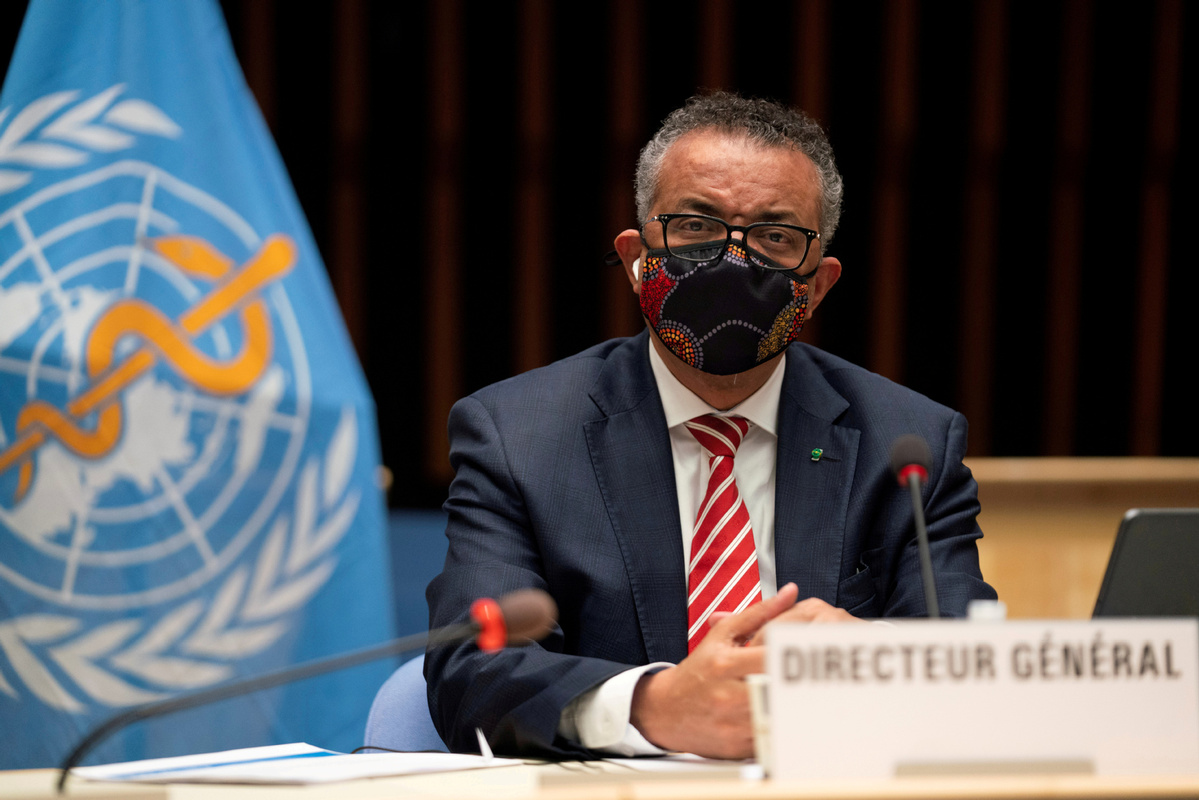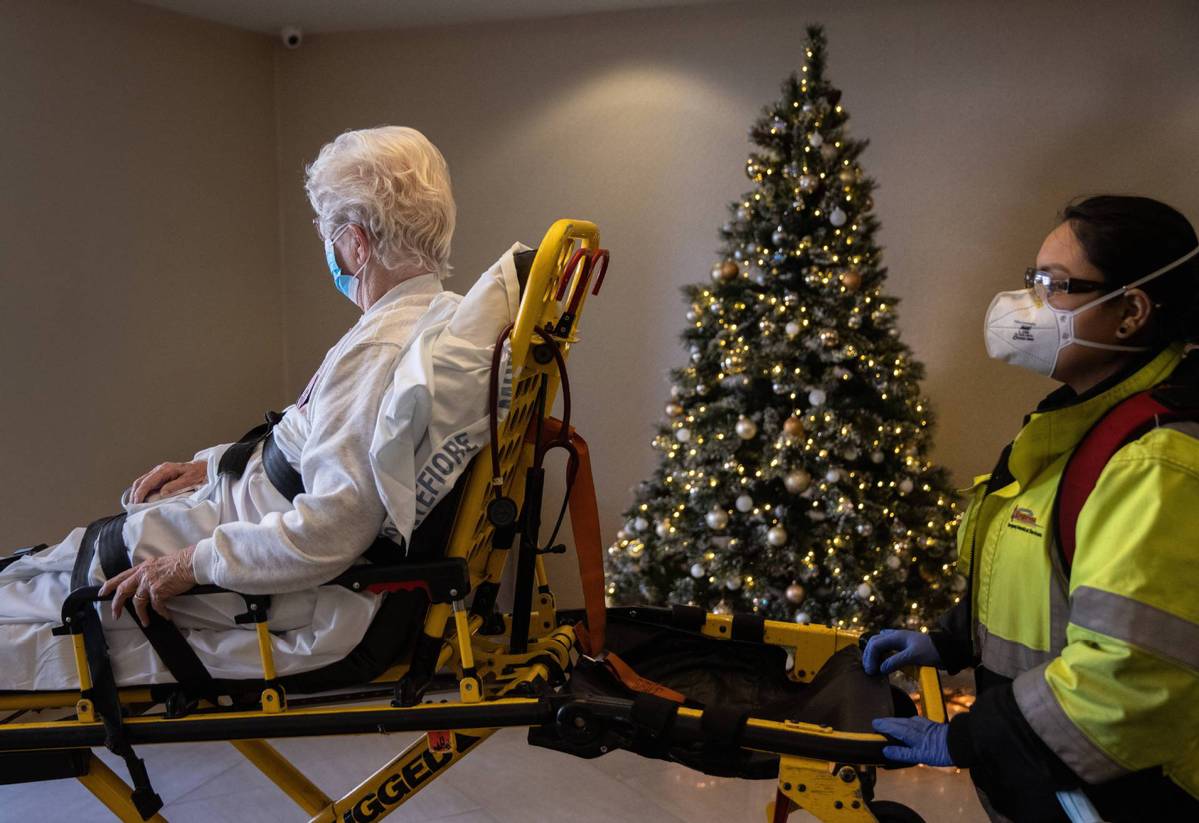New mindset needed to ward off next pandemic, says WHO chief
China Daily | Updated: 2020-12-28 09:54

GENEVA-The coronavirus crisis will not be the last pandemic, and attempts to improve human health are doomed without tackling climate change and animal welfare, says the World Health Organization's director-general, Tedros Adhanom Ghebreyesus.
He also condemned the "dangerously shortsighted" cycle of throwing cash at outbreaks but doing nothing to prepare for the next one, in a video message marking Sunday's first International Day of Epidemic Preparedness.
It was time to learn the lessons from the COVID-19 pandemic, he said.
"For too long the world has operated on a cycle of panic and neglect. We throw money at an outbreak, and when it's over, we forget about it and do nothing to prevent the next one. This is dangerously shortsighted, and frankly difficult to understand."
The Global Preparedness Monitoring Board's first annual report on world readiness for health emergencies-published in September last year, a few months before the novel coronavirus broke out-said the planet was woefully unprepared for potentially devastating pandemics.

"History tells us that this will not be the last pandemic, and epidemics are a fact of life," Tedros said.
"The pandemic has highlighted the intimate links between the health of humans, animals and (the) planet. Any efforts to improve human health are doomed unless they address the critical interface between humans and animals, and the existential threat of climate change that's making our Earth less habitable.
"The impacts of the pandemic go far beyond the disease itself, with far-reaching consequences for societies and economies."
However, the Ethiopian former health minister said the coronavirus crisis should not have come as a surprise, given the repeated warnings.
"We must all learn the lessons the pandemic is teaching us," he said.
Tedros said all countries should invest in preparedness capacities to prevent, detect and mitigate emergencies of all kinds, and called for stronger provision of primary healthcare.
With investments in public health, "we can ensure that our children and their children inherit a safer, more resilient and more sustainable world", he said.
The International Day of Epidemic Preparedness was called for by the United Nations General Assembly to promote the importance of prevention, preparedness and partnership in tackling epidemics.
Agencies via Xinhua
























